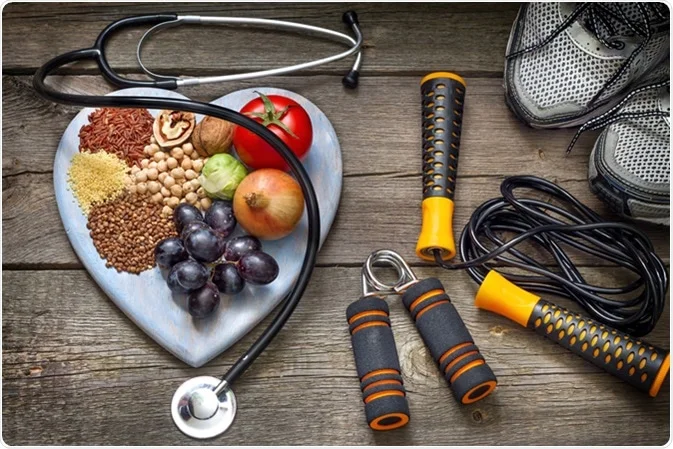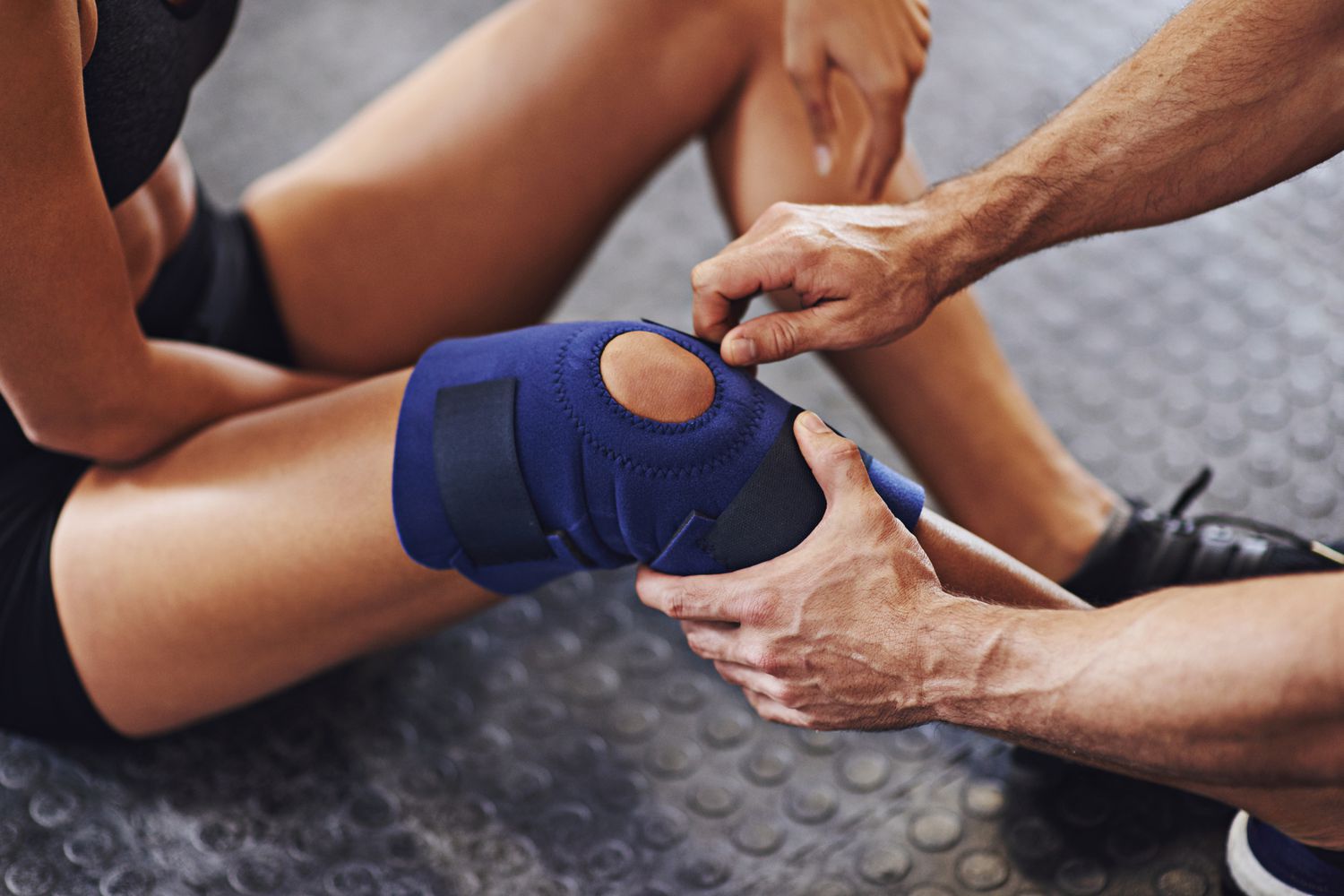Sports nutrition is the science of how food and nutrients affect athletic performance. It is important for athletes of all levels, from recreational to elite, to eat a healthy diet and fuel their bodies properly in order to perform at their best.
There are three main components of sports nutrition:
- Energy: Athletes need to consume enough calories to fuel their training and competition. The amount of calories an athlete needs will vary depending on their sport, training volume, and body weight.
- Nutrients: Athletes need to consume a variety of nutrients to support their health and performance. This includes carbohydrates, protein, fat, vitamins, minerals, and water.
- Hydration: Athletes need to stay hydrated throughout the day, especially during training and competition. Water is the best way to stay hydrated, but athletes may also need to consume sports drinks or other fluids that contain electrolytes.
Here are some specific tips for sports nutrition:
- Eat a healthy diet that is rich in fruits, vegetables, whole grains, and lean protein.
- Fuel your body properly before, during, and after exercise.
- Stay hydrated by drinking plenty of fluids throughout the day.
- Get enough sleep.
- Manage stress.
- Avoid smoking and excessive alcohol consumption.
If you are an athlete, it is important to work with a registered dietitian or sports nutritionist to create a personalized nutrition plan that meets your individual needs. A sports nutritionist can help you assess your current dietary intake, identify any areas that need improvement, and develop a plan that will help you achieve your performance goals.
Here is a more detailed overview of the three main components of sports nutrition:
Energy
Athletes need to consume enough calories to fuel their training and competition. The amount of calories an athlete needs will vary depending on their sport, training volume, and body weight. A good way to estimate your calorie needs is to use a calorie calculator.
Once you know your calorie needs, you can start to plan your meals and snacks. Carbohydrates are the body’s main source of energy, so it is important to include plenty of carbohydrates in your diet. Good sources of carbohydrates include bread, pasta, rice, fruits, vegetables, and whole grains.
Protein is also important for athletes, as it helps to build and repair muscle tissue. Good sources of protein include lean meat, poultry, fish, eggs, beans, and nuts.
Fat is a necessary nutrient, but athletes should focus on consuming healthy fats, such as those found in avocados, nuts, and seeds.
Nutrients
In addition to calories, athletes also need to consume a variety of nutrients to support their health and performance. These nutrients include vitamins, minerals, and water.
Vitamins and minerals are essential for many bodily functions, including energy production, muscle growth and repair, and immune function. Good sources of vitamins and minerals include fruits, vegetables, whole grains, and lean protein.
Water is essential for hydration and plays a role in many bodily functions, including blood circulation, digestion, and temperature regulation. Athletes should drink plenty of fluids throughout the day, especially during training and competition.
Hydration
Hydration is important for all athletes, but it is especially important for athletes who participate in endurance events or who sweat heavily. Dehydration can lead to fatigue, impaired performance, and heat illness.
Athletes should drink plenty of fluids throughout the day, even when they are not thirsty. Sports drinks can be a good way to stay hydrated during exercise, as they contain electrolytes that can help to prevent dehydration.
Other considerations
In addition to the three main components of sports nutrition, there are a few other factors that athletes should consider when planning their diets. These factors include:
TypeSports nutrition is the science of how food and nutrients affect athletic performance. It is important for athletes of all levels, from recreational to elite, to eat a healthy diet and fuel their bodies properly in order to perform at their best.
There are three main components of sports nutrition:
- Their training volume and intensity.
- Their body weight and body composition.
- Any medical conditions they have.
- Any medications they take.
It is important to work with a registered dietitian or sports nutritionist to create a personalized nutrition plan that meets your individual needs. A sports nutritionist can help you assess your current dietary intake, identify any areas that need improvement, and develop a plan that will help you achieve your performance goals.






